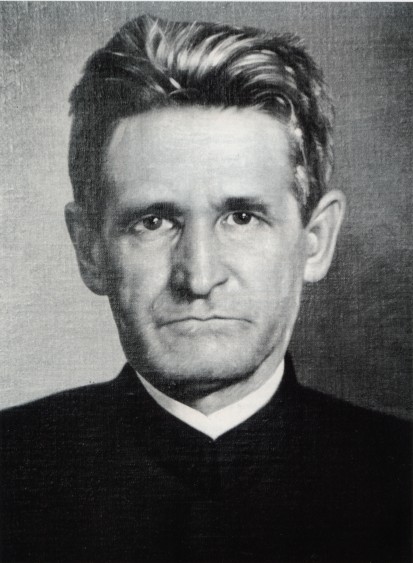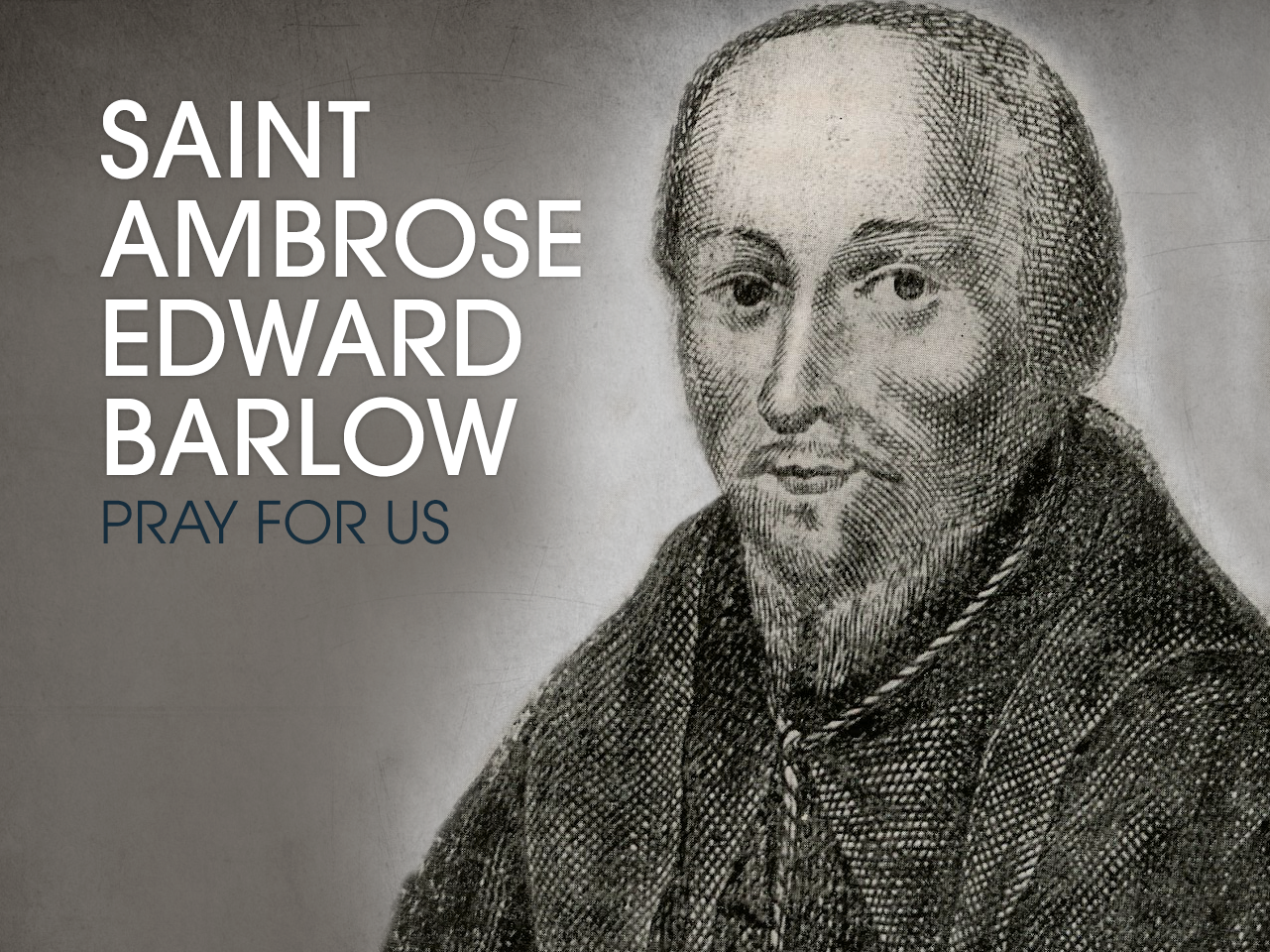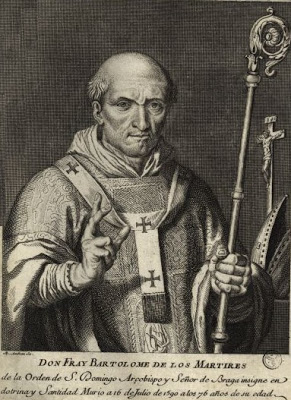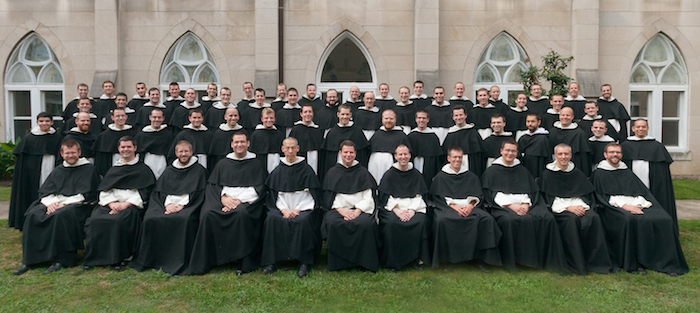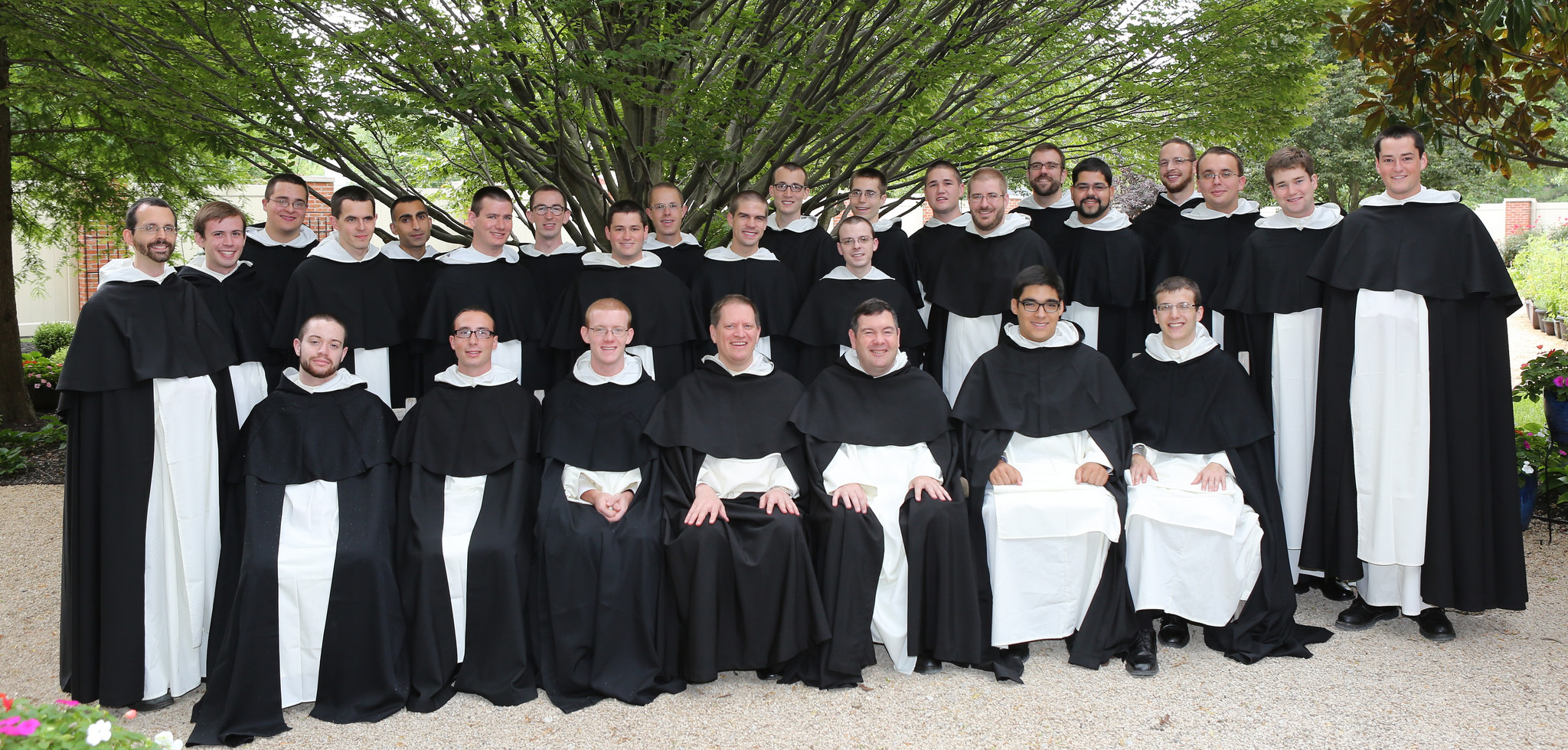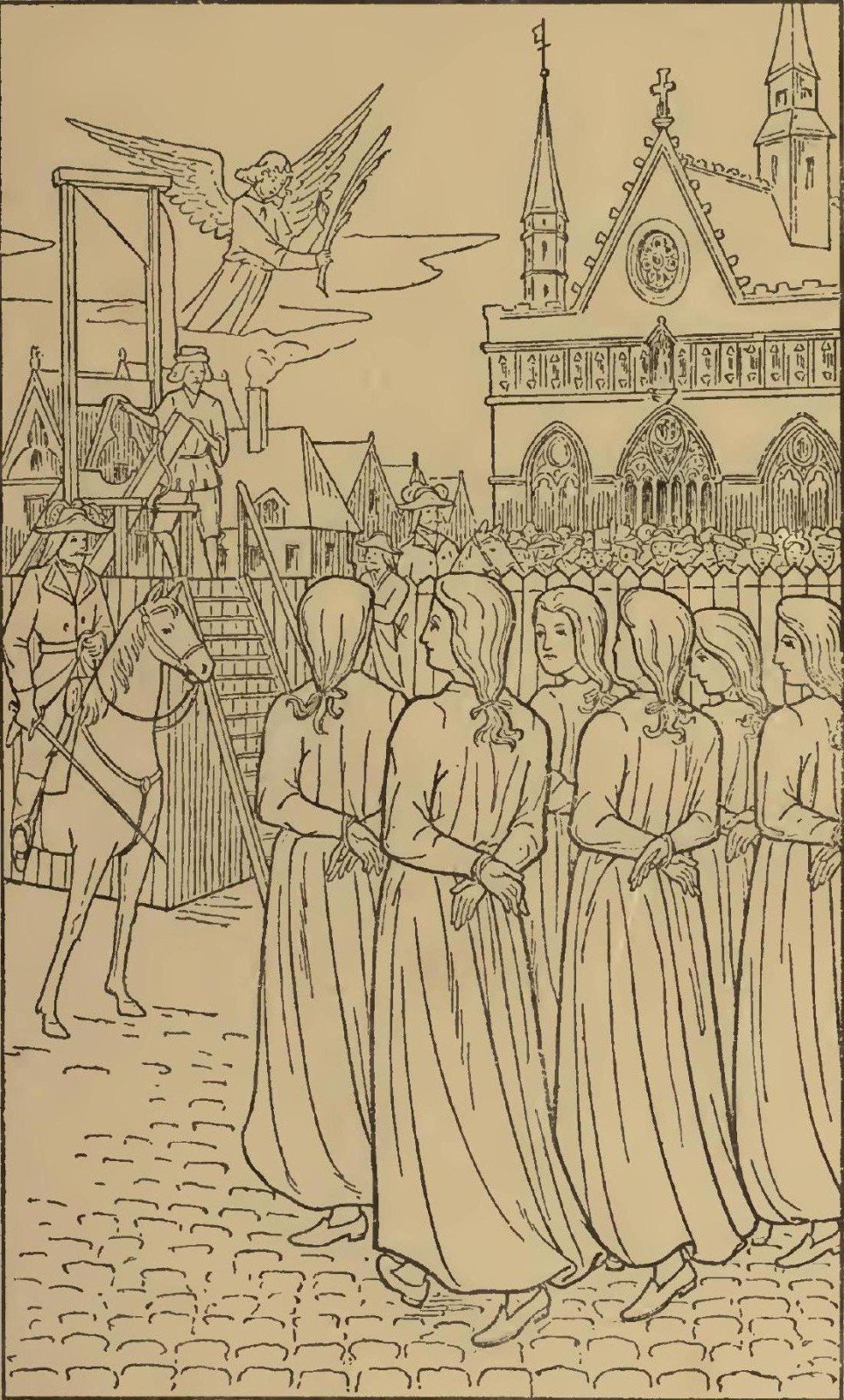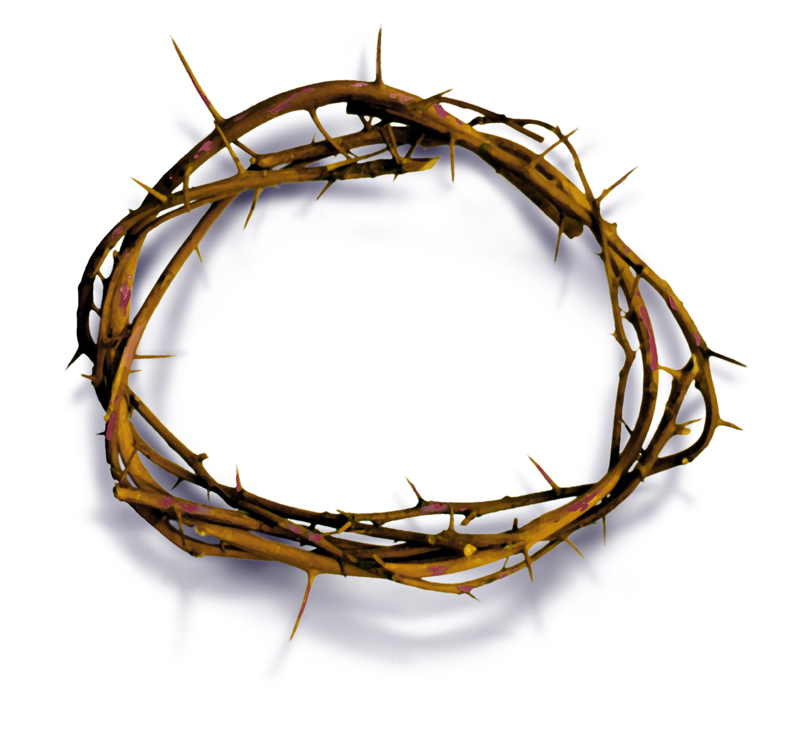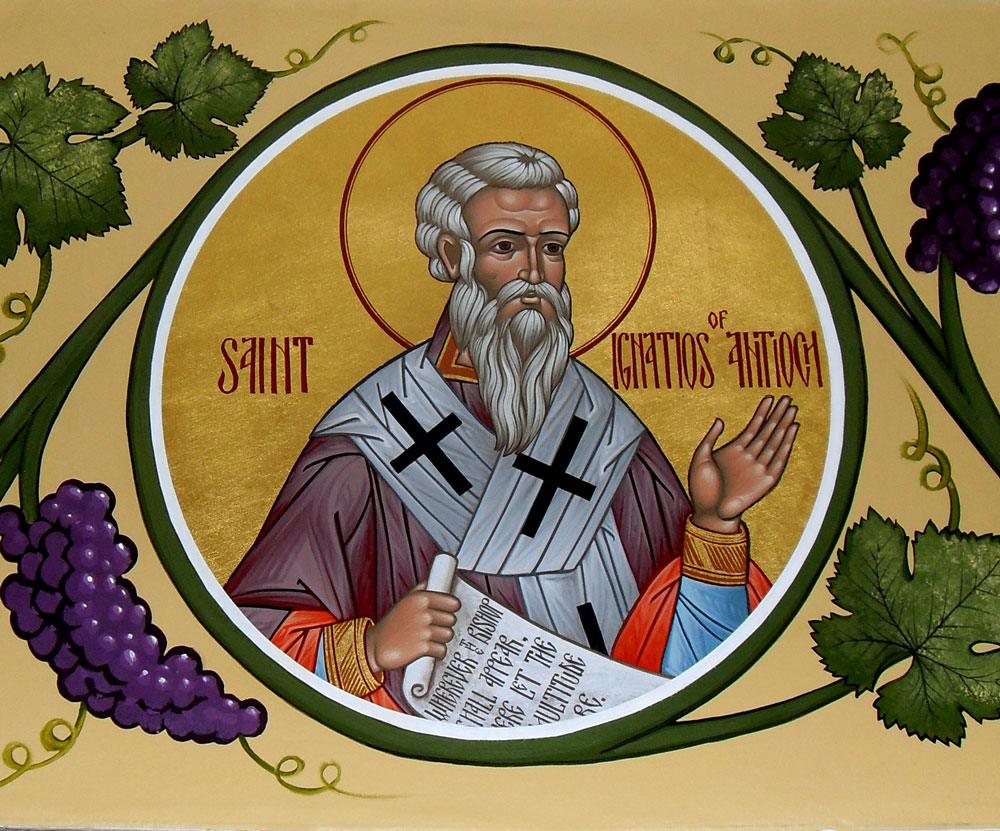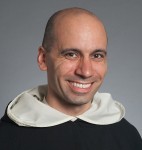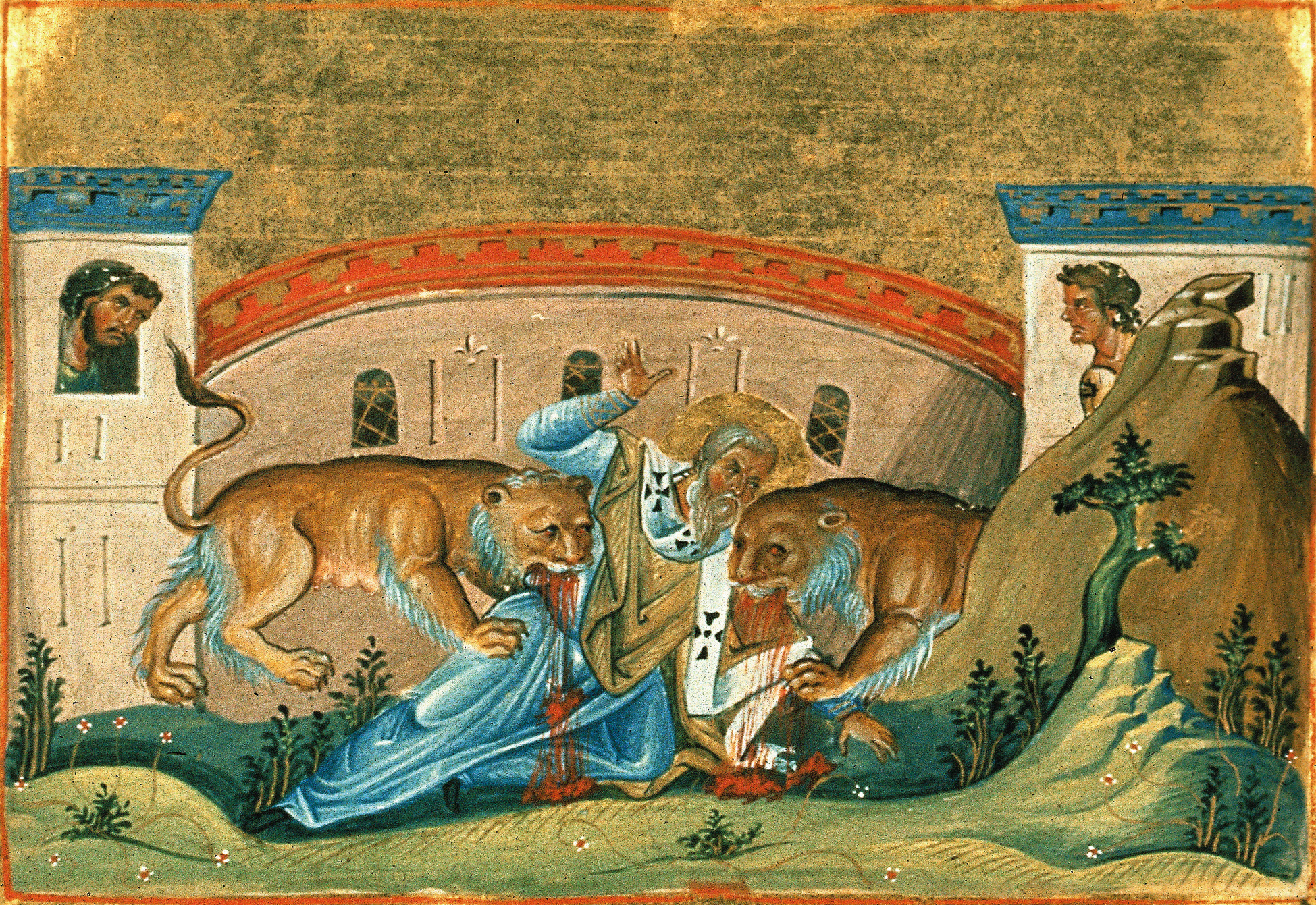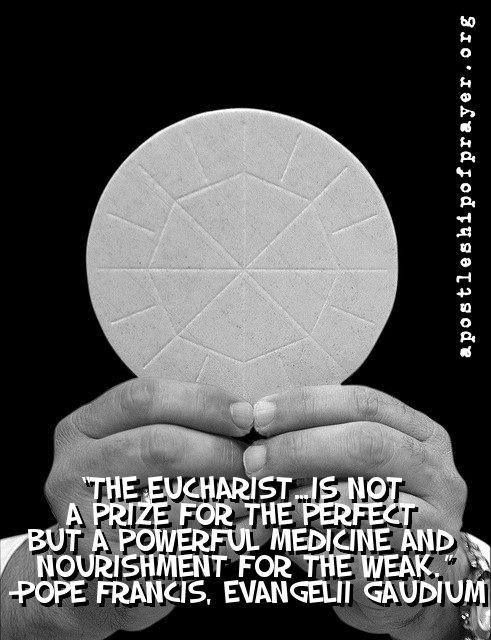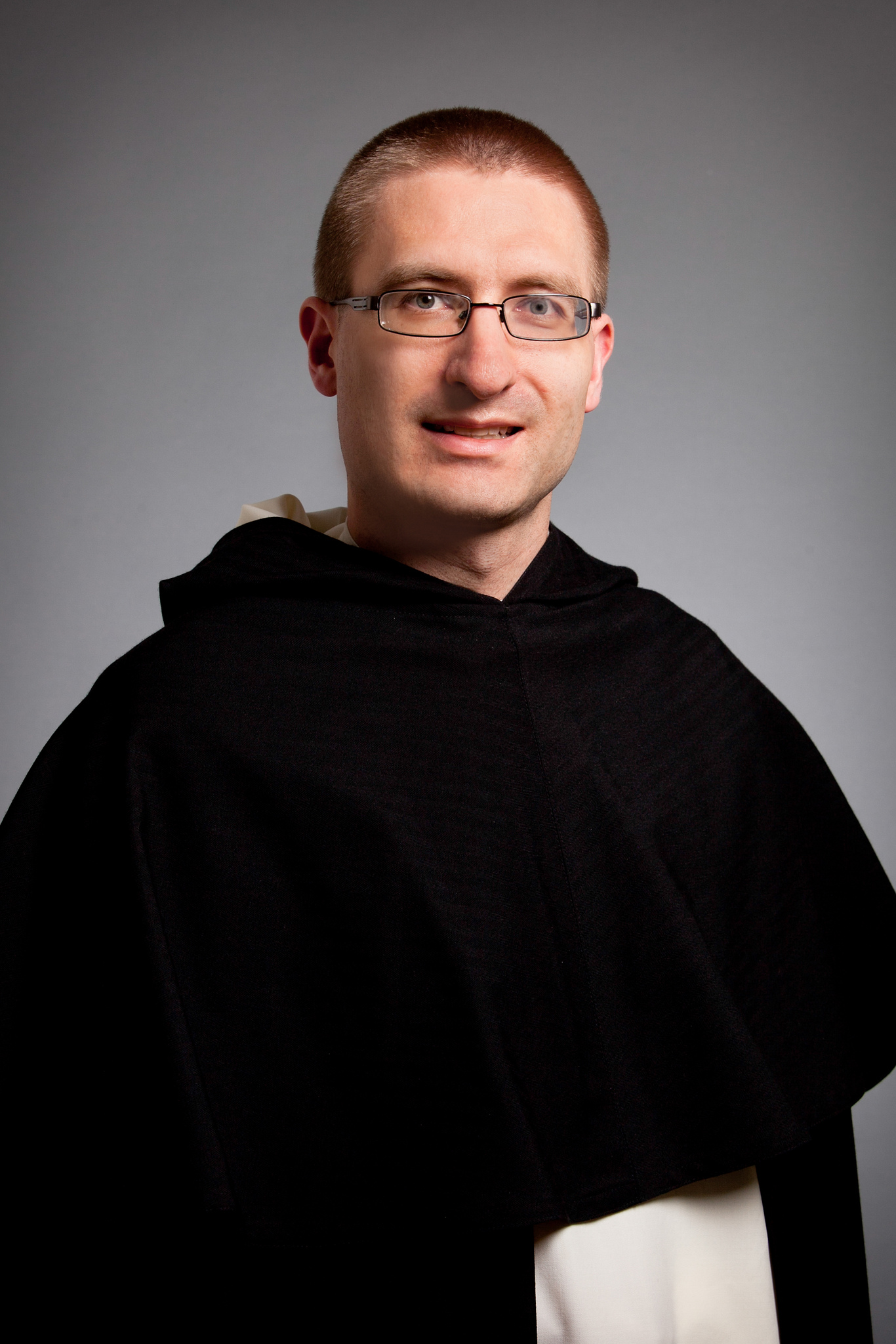Blessed Rupert Mayer was a German Jesuit priest. He is best known for the apostolic endeavours he undertook in Munich between the First and Second World Wars. He is known as the Apostle of Munich. He was a powerful preacher and spoke out against the evils of Hitler and Nazism and touched many people through his work with the Men’s Congregation of Mary. Five to six thousand people come to pray at his tomb in St Michael’s Church, Munich each day. He was beatified on 3 May 1987 by Pope John Paul II.
Father Mayer was born on 23 January 1876. His family was involved in business. He had a brother and four sisters. He grew up in Stuttgart. He was a very talented violinist and horse rider in his youth. Rupert finished his secondary education in 1894. He wished to become a Jesuit but his father wanted him to be ordained first. His father suggested that if he still had the desire to become a Jesuit after he was ordained he could then enter the Society. Fr Mayer studied Philosophy at Fribourg, Switzerland and in Munich. He then undertook his theological studies at Tubingen. He was ordained a priest on 2 May 1899. Rupert Mayer entered the Jesuit novitiate at Feldkirch, Austria on 1 October 1900. From 1906 to1911 he preached missions throughout Germany, Switzerland and the Netherlands. In 1912 Fr Mayer was transferred to Munich to work with the poor.
At the outbreak of the First World War in 1914 Fr Mayer volunteered to be a military chaplain. He was initially assigned to a military hospital; however, he wished to be closer to the soldiers and was sent to the fronts in France, Poland and Romania as chaplain to a division of soldiers. He was held in great esteem by both Catholic and non-Catholic soldiers because his courageous work manifested his love for them. When there was fighting at the front Fr Mayer would be found crawling along the ground from one soldier to the next talking to them, listening to them and administering the Sacraments to them. When he was warned that he was putting his own life in danger through such activities, he replied simply, “My life is in God’s hands”. In December 1915, Fr Mayer was awarded the Iron Cross for bravery in recognition of his work with the soldiers at the front.
As he was rushing to minister to some of the soldiers, Fr Mayer was seriously wounded by a grenade during heavy fighting in December 1916. As a result of the injuries, his leg had to be amputated. He returned to Munich to convalesce and was referred to as the “Limping Priest”. Fr Mayer’s own physical suffering transformed him into to an even more understanding, kind and gentle priest.
After the First World War Fr Mayer continued to work with the poor of Munich through the charitable organization, Caritas. He was known for his generosity to anyone who approached him as he adopted the following philosophy : “If out of the ten who ask for alms there are nine who are not in need of them, and if through fear of that happening, I refuse my help to one really needy person, this would cause me immense suffering. I would rather give to all ten and thus avoid the danger of being lacking in charity.”
Fr Mayer’s generosity in material things led people to approach him for help in spiritual matters. Fr Mayer helped people through the many hours he spent in the confessional and his courageous preaching. He encouraged men to join the Men’s Congregation of Mary (a sodality for men). Fr Mayer became the president of the Congregation in 1921 and more than doubled its membership to over 7000 men during this term of leadership. He was a popular priest because he totally gave of himself to the people, was generous and available but more importantly was able to relate to them in their surroundings and mix with people from all walks of life. An example of his generosity and his common touch was that he would celebrate Mass in the waiting room of Munich Railway Station at 3.10am and 3.45am on Sunday mornings so that people who wished to spend the day in the mountains could still meet their Sunday obligation.
After the First World War Fr Mayer also took a stand against Communism, National Socialism, and any writings that sowed hatred. He was prepared to denounce Adolf Hitler and Nazi propaganda pointing out the falsehoods being spread and stressing Catholic values. Fr Mayer particularly spoke out against the move to close church-affiliated schools. This lead to him being persecuted by the Nazis.
In May 1937 Fr Mayer was banned by civil authorities from preaching but he refused to obey the order as he considered himself obliged to defend the Church and its values. Consequently he was arrested in June 1937. He was tried and sentenced to six months imprisonment and was forbidden to preach. The sentence was suspended.
At this time, the Church authorities also forbade him to preach which was a great sacrifice for him. Soon the Prefect of Munich made the following remark, “The priests are all the same. Threaten them enough with arrest, rattle the keys of the concentration camp; they subside without further ado and shut up”. Fr Mayer could not let such a defamatory remark go unchallenged. He sought and was granted permission from his superiors to preach once again.
Upon preaching, Fr Mayer was arrested and immediately put into Landsberg prison. He served five months imprisonment until he was released as a result of a general amnesty. Upon being released, he continued to work with small discussion groups in Munich which were conducted privately.
Despite this, he was arrested by the Gestapo in November 1939. Fr Mayer was deported to the Orianienburg-Sachsenhausen concentration camp. He lost much weight because of the deprivations and hardships. He wrote to his mother and said, “I am cut off from everything and everyone and I hear nothing any more about the world…I try to pray and offer everything in sacrifice. God does not ask anything else of me at the moment or he would have disposed things differently.”
In August 1940 Fr Mayer was moved to Ettal Abbey in Southern Bavaria and was placed under house arrest. His greatest suffering was his inability to minister to his people. He was also concerned that his silence may be construed by others as capitulation.
However, he sought consolation during this time from the fact that Christ, too, had been persecuted. Even the Nazis would not dare kill a national war hero and high profile figure such as Fr Mayer.
Though he could not help his people in any material way, he continued to help them through his prayer. In May 1945 he was released and returned to Munich. Once again he returned to his former apostolic work. On 1 November 1945 , he died while preaching at Mass of a stroke. His last words were, “The Lord, the Lord, the Lord…”
Fr Mayer was an extraordinarily generous priest who through his limitless work and love for people was able to find Christ in each person. Rupert Mayer’s warmth, understanding and unconditional self-giving led each person he met to experience the love of Christ directly.
-tomb of Bl Ruper Mayer, SJ
-Bl Rupert Mayer, SJ’s Iron Cross medal
Lord, what You will let it be so
Where You will there we will go
What is Your will help us to know
Lord, when You will the time is right
In You there’s joy in strife
For Your will I’ll give my life
To ease Your burden brings no pain
To forego all for You is gain
As long as I in You remain
REFRAIN:
Because You will it, it is best
Because You will it, we are blest
Till in Your hands our hearts find rest
Till in Your hands our hearts find rest
-Prayer of Bl Rupert Mayer, SJ
Love,
Matthew

